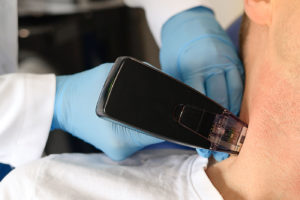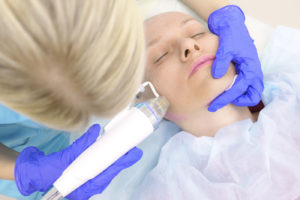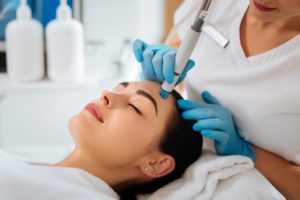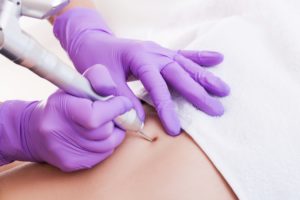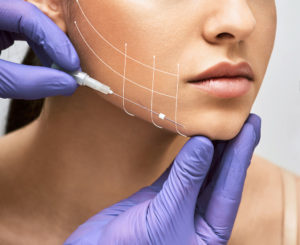 What are Threads and Thread Lifts?
Threads and thread lift treatments are quickly gaining in popularity across the U.S. and for good reason. Thread Lifts offer a non-invasive treatment for the mid-face that lifts and shapes the cheeks, jawline, nasolabial folds and marionette lines. Experience instant lift, more volume, and results that last-with minimal downtime.
Thread Lifts pack a two-part, anti-aging punch: a lifting action that provides immediate,...
What are Threads and Thread Lifts?
Threads and thread lift treatments are quickly gaining in popularity across the U.S. and for good reason. Thread Lifts offer a non-invasive treatment for the mid-face that lifts and shapes the cheeks, jawline, nasolabial folds and marionette lines. Experience instant lift, more volume, and results that last-with minimal downtime.
Thread Lifts pack a two-part, anti-aging punch: a lifting action that provides immediate,... Read moreabout Threads and Thread Lifts






